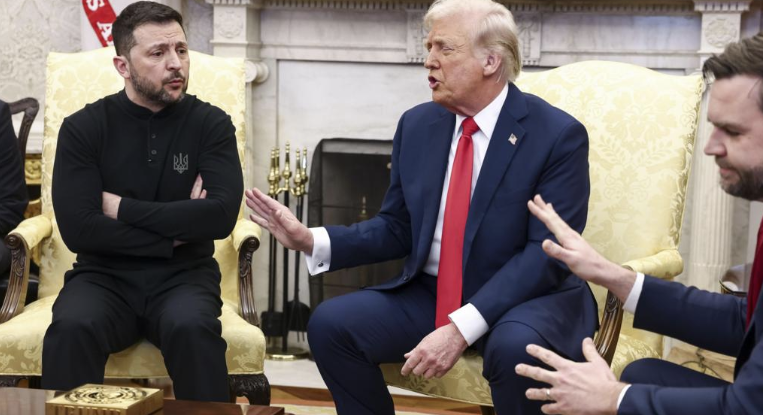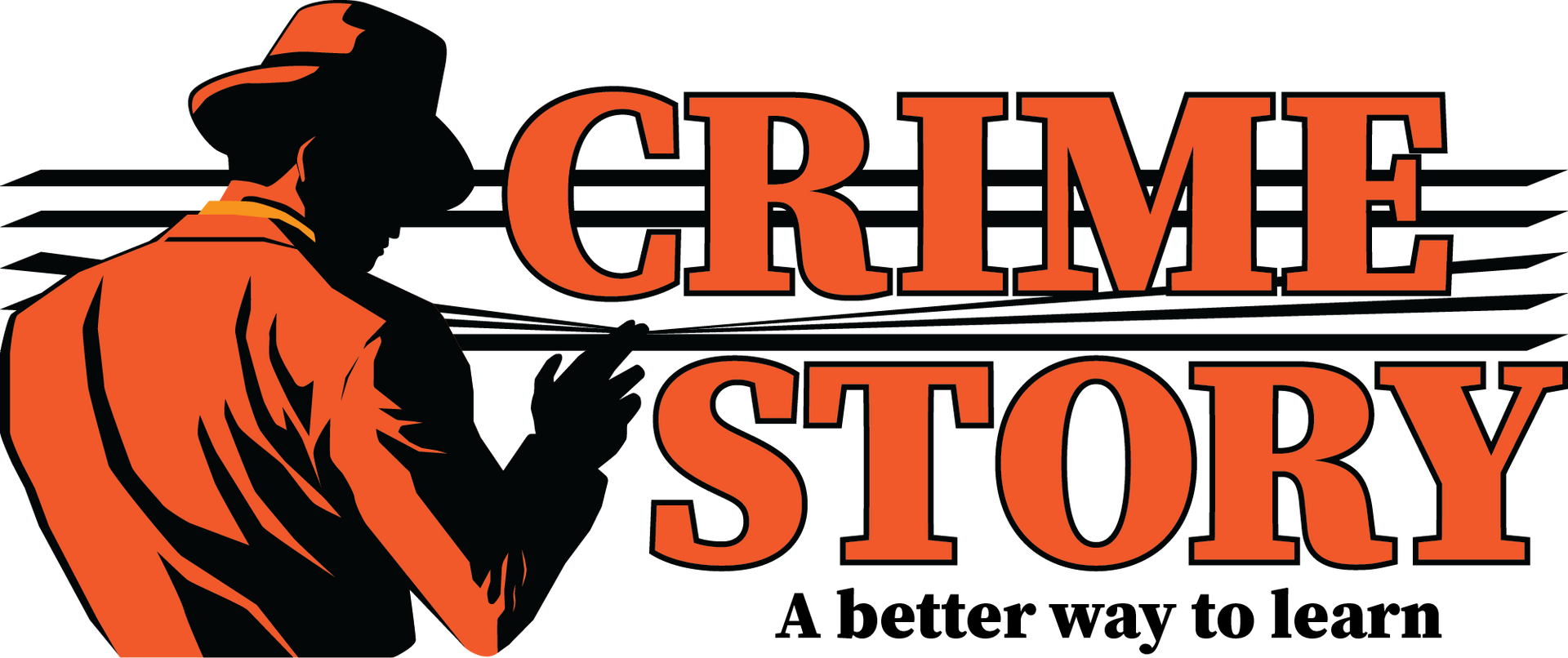Have a Question?
How to 'Not' have a conversation
Tactical retreat is not weakness, it is a sign of personal strength and superior strategising

Zelenksyy v Trump and Vance
Case Study : Are you really listening, or just waiting for your turn to speak.
Last week I wrote a brief article about effective and genuine conversations. I have also mentioned the value of support persons in a meeting. Remember that conversation must have three parts - listening, speaking…and thinking. In the highly publicised press conference with Zelenskyy, Trump and Vance, it was a timely reminder of high stakes conversations without listening and thinking.
There was obviously a lot of thought and planning involved before the incredibly public conversation, with years of strategising politics and economics driving the negotiations. But as far as a conversation, there was very little that defines conversation. There was no consideration of each other’s statements, just beratement, denial and refusal to concede.
When we engage in important conversations we are pre-loaded with points we want to make. Statistics, case studies, quotes, anecdotes and projected outcomes. We are focused on our arguments and are waiting for the moment to make our point. But what about the points being made by the other party? Do they even matter and have you thought about them before responding?
We might not be negotiating world peace, but our negotiations are important in our world. Relationships, wages, employment and work rights are impactful and should not be taken lightly. There were some key take-outs from that ‘conversation’ that can be implemented in our everyday conversations.
- Setting - Most meetings take place in an office, but consider the inherent power balance of that location. Are you summoned to sit behind a large mahogany desk, a lower seat, power iconography surrounding you?
- Agenda -stick to the clearly set agenda to avoid historical rhetoric. Bringing up the past and playing a blame game does not further the conversation, nor diverting to peripheral issues for minor victories.
- Emotions - will your emotions prevent you from achieving your goal? Take stock beforehand, purge your emotions in safe surroundings.
- Note taking - either you or your support person, to clarify ambiguities. This frees mind to the immediacy of the conversation, without worrying about our memory.
- Listening - is everything. Make that your first priority.
- Support person? Either emotional support or technical advice. Did you notice the Ukranian Ambassador in the gallery? Head in hands, unable to advise, step in and support. Don’t let that happen in your conversations. If your counterpart is unwilling to allow support they may have ulterior motives.
- Intent - why bother? Perhaps a conversation or meeting is beyond any chance of genuine achievement and more formal and legalistic avenues are available. Also be willing to terminate a conversation if it takes a turn for the worse. State your intent to return to the matter when emotions or hostilities can be tempered. Tactical retreat is not weakness, it is a sign of personal strength and superior strategising.
Setting - Most meetings take place in an office, but consider the inherent power balance of that location. Are you summoned to sit behind a large mahogany desk, a lower seat, power iconography surrounding you?- Agenda -stick to the clearly set agenda to avoid historical rhetoric. Bringing up the past and playing a blame game does not further the conversation, nor diverting to peripheral issues for minor victories.
- Emotions - will your emotions prevent you from achieving your goal? Take stock beforehand, purge your emotions in safe surroundings.
- Note taking - either you or your support person, to clarify ambiguities. This frees mind to the immediacy of the conversation, without worrying about our memory.
- Listening - is everything. Make that your first priority.
- Support person? Either emotional support or technical advice. Did you notice the Ukranian Ambassador in the gallery? Head in hands, unable to advise, step in and support. Don’t let that happen in your conversations. If your counterpart is unwilling to allow support they may have ulterior motives.
- Intent - why bother? Perhaps a conversation or meeting is beyond any chance of genuine achievement and more formal and legalistic avenues are available. Also be willing to terminate a conversation if it takes a turn for the worse. State your intent to return to the matter when emotions or hostilities can be tempered. Tactical retreat is not weakness, it is a sign of personal strength and superior strategising.

Educational Packages
Unlock a world of discovery with our Educational Packages, where students collaborate with a former detective and experienced teacher to embark on captivating investigations aligned with essential syllabus elements. These interactive workshops not only spark curiosity but also enhance critical thinking and teamwork, offering students a chance to explore their interests in a dynamic learning environment. We provide workshops designed for schools anywhere in Australia. Dive into our diverse offerings below to find the perfect fit for your classroom.

Corporate Team Building
Transform your corporate team building experience with an engaging Crime Story Corporate Team Building Event. Whether for a small team or a large corporate retreat, our customized crime scene investigations encourage teamwork, problem-solving, and the development of essential soft skills in a fun, interactive environment. Bring your team closer together as they uncover clues and navigate through real-life mysteries, all while enhancing morale and building stronger connections.

